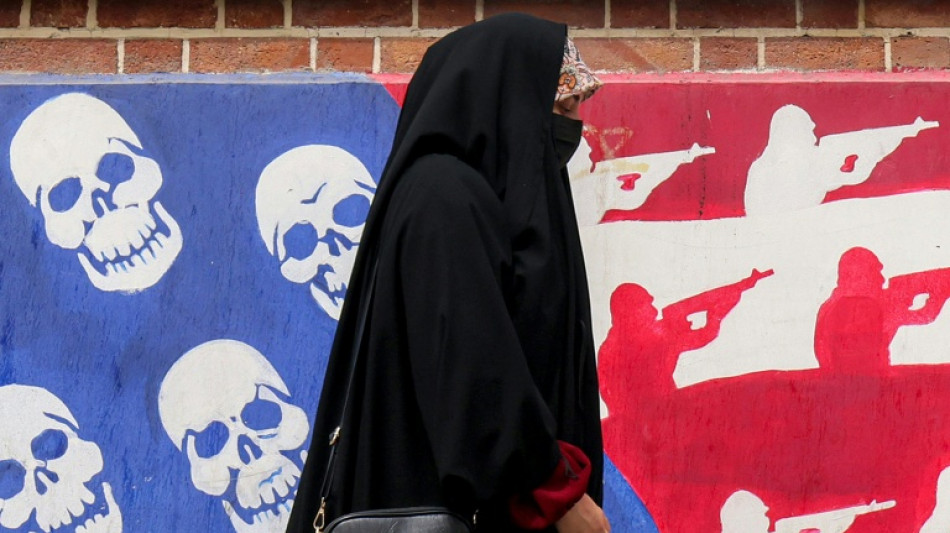
-
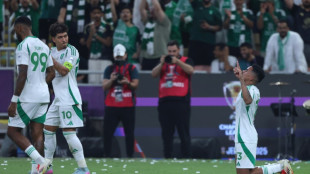 Al Ahli beat Kawasaki Frontale to win Asian Champions League
Al Ahli beat Kawasaki Frontale to win Asian Champions League
-
Shepherd, Dayal edge Bengaluru past Chennai in IPL thriller

-
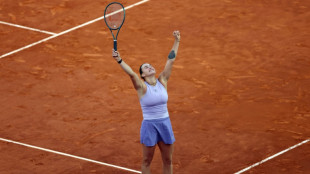 Sabalenka beats Gauff to win third Madrid Open crown
Sabalenka beats Gauff to win third Madrid Open crown
-
Arsenal suffer Bournemouth defeat ahead of PSG showdown
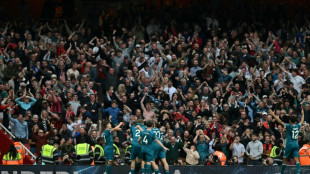
-
 Napoli six clear in Serie A after win at fiery Lecce
Napoli six clear in Serie A after win at fiery Lecce
-
Van Nistelrooy glad as Leicester end goal drought against sorry Saints
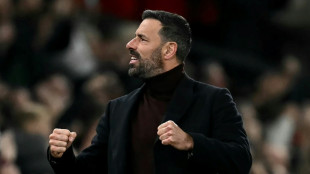
-
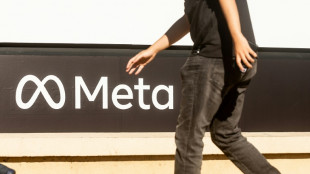 Meta fighting Nigerian fines, warns could shut Facebook, Instagram
Meta fighting Nigerian fines, warns could shut Facebook, Instagram
-
Hamas armed wing releases video of apparently injured Israeli hostage
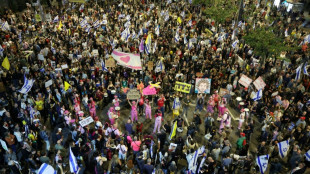
-
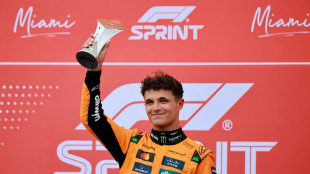 Norris wins wild and wet Miami GP sprint race
Norris wins wild and wet Miami GP sprint race
-
Gabon ex-junta chief Oligui sworn in after election win
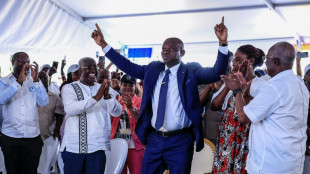
-
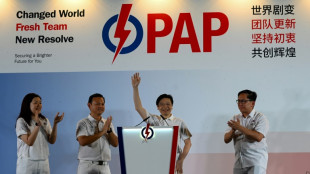 Singapore ruling party wins election in landslide
Singapore ruling party wins election in landslide
-
Eurovision warms up with over-60s disco

-
 Russell helps Bath beat Edinburgh in Challenge Cup semi-final
Russell helps Bath beat Edinburgh in Challenge Cup semi-final
-
Second-string PSG beaten by Strasbourg before Arsenal return leg

-
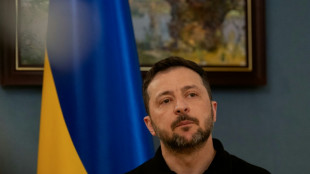 Zelensky says won't play Putin 'games' with short truce
Zelensky says won't play Putin 'games' with short truce
-
Norris wins Miami GP sprint race
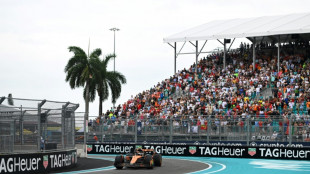
-
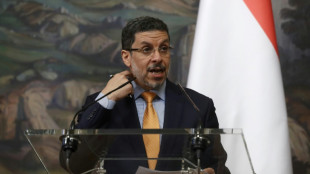 PM of Yemen government announces resignation
PM of Yemen government announces resignation
-
South Africa bowler Rabada serving ban for positive drug test
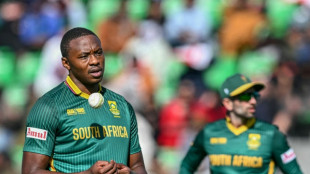
-
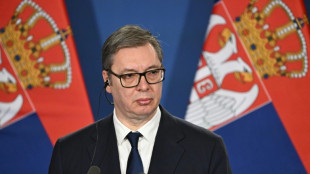 Serbian president stable in hospital after cutting short US trip
Serbian president stable in hospital after cutting short US trip
-
UN envoy urges Israel to halt Syria attacks 'at once'
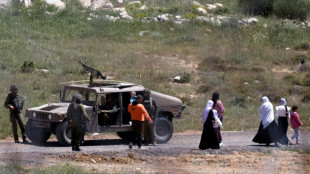
-
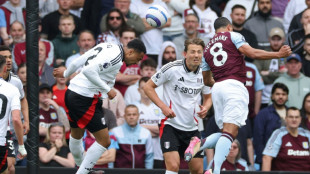 Villa boost top five bid, Southampton beaten at Leicester
Villa boost top five bid, Southampton beaten at Leicester
-
Leipzig put Bayern and Kane's title party on ice
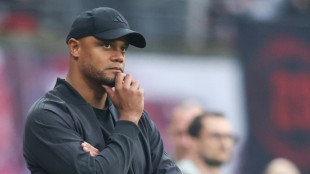
-
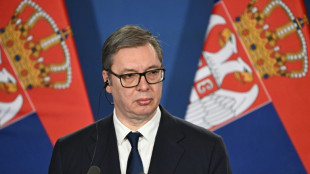 Serbian president hospitalised after cutting short US trip
Serbian president hospitalised after cutting short US trip
-
Buick and Appleby rule again in English 2000 Guineas
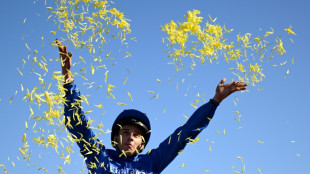
-
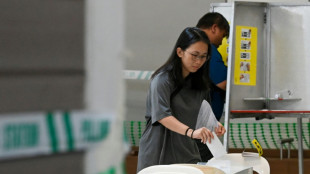 Singapore ruling party headed for clear victory in test for new PM
Singapore ruling party headed for clear victory in test for new PM
-
Martinez climbs into Tour de Romandie lead with penultimate stage win
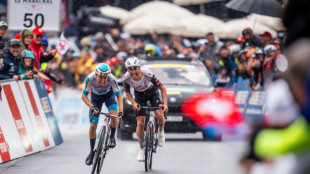
-
 O'Sullivan backs Zhao Xintong to become snooker 'megastar'
O'Sullivan backs Zhao Xintong to become snooker 'megastar'
-
Simbine wins 100m in photo finish thriller as Duplantis dominates
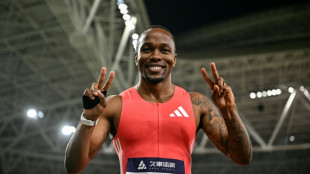
-
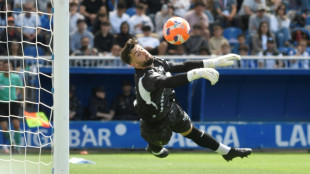 Atletico held at Alaves in dry Liga draw
Atletico held at Alaves in dry Liga draw
-
Cardinals meet ahead of vote for new pope
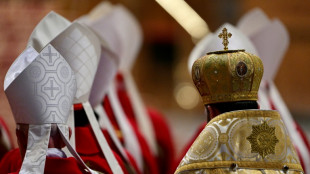
-
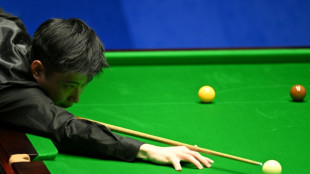 Snooker star Zhao: from ban to cusp of Chinese sporting history
Snooker star Zhao: from ban to cusp of Chinese sporting history
-
Tielemans keeps Villa in chase for Champions League place
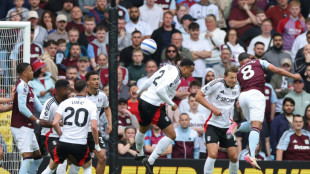
-
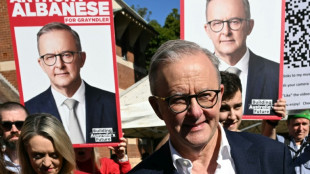 Anthony Albanese: Australia's dog-loving, Tory fighting PM
Anthony Albanese: Australia's dog-loving, Tory fighting PM
-
Trump may have aided Australian PM's election victory: analysts
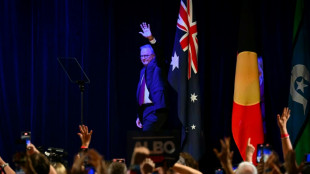
-
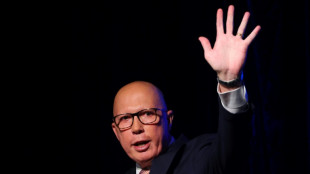 Right-leaning Australian opposition leader loses election, and seat
Right-leaning Australian opposition leader loses election, and seat
-
India blocks Pakistani celebrities on social media
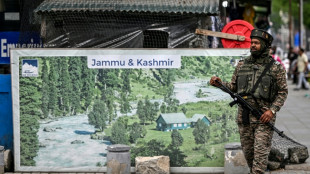
-
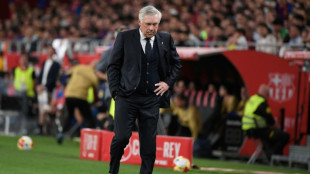 Ancelotti says he will reveal future plans at end of season
Ancelotti says he will reveal future plans at end of season
-
India-Pakistan tensions hit tourism in Kashmiri valley
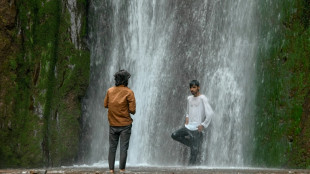
-
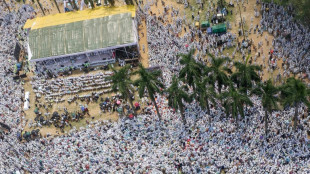 Bangladesh Islamists rally in show of force
Bangladesh Islamists rally in show of force
-
Zelensky says won't play Putin's 'games' with short truce
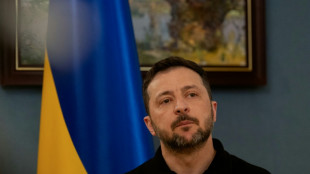
-
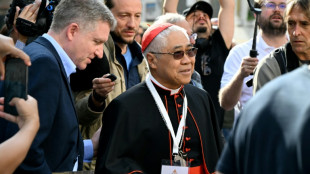 Cardinals meet ahead of papal election
Cardinals meet ahead of papal election
-
Pakistan tests missile weapons system amid India standoff
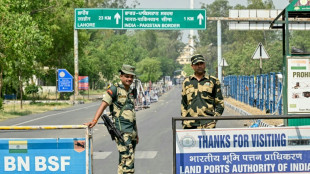
-
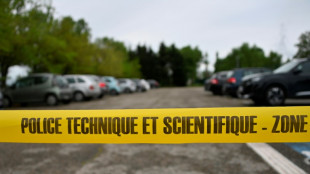 France charges 21 prison attack suspects
France charges 21 prison attack suspects
-
Pakistan military says conducts training launch of missile
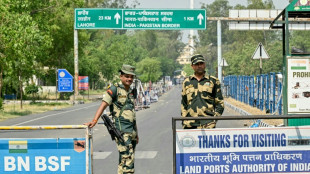
-
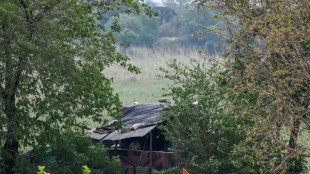 Lives on hold in India's border villages with Pakistan
Lives on hold in India's border villages with Pakistan
-
Musk's dreams for Starbase city in Texas hang on vote
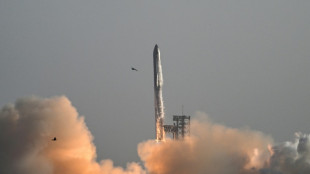
-
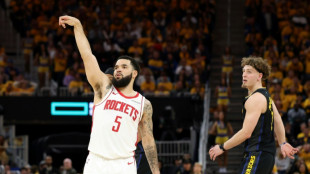 Rockets down Warriors to stay alive in NBA playoffs
Rockets down Warriors to stay alive in NBA playoffs
-
Garcia beaten by Romero in return from doping ban
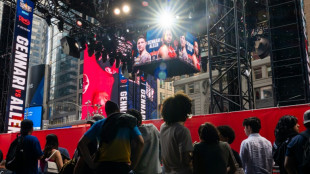
-
 Inflation, hotel prices curtail Japanese 'Golden Week' travels
Inflation, hotel prices curtail Japanese 'Golden Week' travels
-
Trump's next 100 days: Now comes the hard part
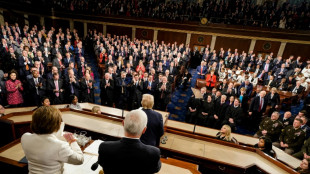

Talks with Trump a necessity for sanctions-hit Iran
US President Donald Trump appeared to catch Tehran off guard on Monday when he announced "direct talks" between the arch-foes over Iran's nuclear programme, having previously threatened to bomb the Islamic republic.
Despite previously having expressed major reservations over the talks, Tehran has agreed to participate but through an intermediary.
- What does Iran want? -
The priority for the Islamic republic is the lifting of biting sanctions that have placed a stranglehold on the energy-rich country's economy for decades.
In 2015, a landmark deal was reached between Iran and major powers including the United States, offering sanctions relief in exchange for curbs on Iran's nuclear programme.
The deal, known as the Joint Comprehensive Plan of Action (JPCOA), also provided for the eventual return of Western investments into Iran.
At the time, Iranians were hopeful that the deal would reflect in improvements in their economic conditions and end their country's isolation.
But that hope was short lived as in 2018, during Trump's first term in office, Washington unilaterally pulled out of the deal and reinstated sanctions.
Ever since, the value of the Iranian rial has plummeted against the dollar, fuelling high inflation and unemployment and leaving much of the population impoverished.
"If Iran manages to break the chains of the sanctions, it can achieve a considerable economic resurgence," economist Fayyaz Zahed told AFP.
In addition to some of the highest oil and gas reserves in the world, Iran also enjoys unique geography and has great potential to build its tourism industry and develop infrastructure.
Its 86 million people also represent a large untapped market, a predominantly young and educated urbanised population with an average age of just 32.
- Why talk now? -
Alongside its economic challenges, Iran has been dealt major blows through the weakening of its network of proxies in the region in the aftermath of the Gaza war that began in October 2023.
Lebanese group Hezbollah -- a key bulwark in Iran's so-called axis of resistance against Israel and the United States -- emerged massively weakened from a war last year with Israel, having lost much of its leadership structure.
In Syria, a Sunni Islamist-led offensive toppled Tehran's longtime ally Bashar al-Assad in December, and the Iran-backed Huthi rebels in Yemen have been under heavy US bombardment in recent weeks.
"Iran no longer has any effective cards and is suffering the consequences" of upheavals in the region, Zahed said.
Iran and Israel exchanged direct strikes twice last year for the first time in their history.
- What is Iran's strategy? -
"Iran is prepared to accept the same technical conditions" that were in place for the 2015 deal, Zahed said.
Tehran has long maintained its right to develop its nuclear capabilities for civil purposes, particularly energy.
Western governments however accuse Iran of seeking to develop a weaponss capability, an ambition it vigorously denies.
"On the other hand, the country will show no flexibility regarding its missiles," Zahed warned.
The Trump administration argued that its withdrawal from the JPCOA in 2018 was motivated by the absence of controls for Iran's ballistic missile programme, viewed as a threat by Washington and its ally Israel.
In February, supreme leader Ayatollah Ali Khamenei vowed there would be "no negotiations" with the Trump administration, pointing to previous deals with US leaders that were not honoured.
In March, Trump sent a letter to the Iranian leader, calling for talks but also threatening to bomb Iran in the event that diplomacy failed.
Iran responded that it would not negotiate under pressure.
Trump's announcement that "direct" talks would take place in Oman on Saturday appeared to take Iran by surprise.
Foreign Minister Abbas Araghchi only confirmed the talks in a post on X in the middle of the night, however insisting that Iran would not speak directly with the Americans.
According to US news website Axios, Trump has given Iran two months to reach a deal.
Trump "broke the nuclear deal once", wrote reformist Hossein Nouraninejad in the government daily Iran, adding that "there are many historical differences between the two countries", which have not had diplomatic relations since 1980.
However, direct talks between Trump and Khamenei seem "more likely than war", wrote Ali Shakourirad, a politician close to Iranian President Masoud Pezeshkian, in the newspaper Etemad.
C.Bruderer--VB
